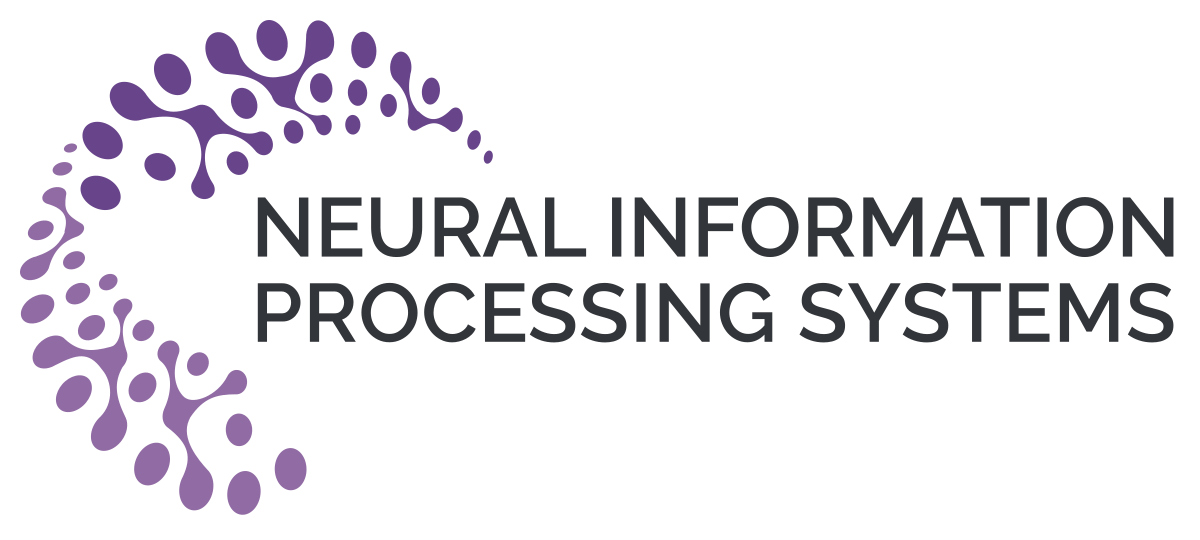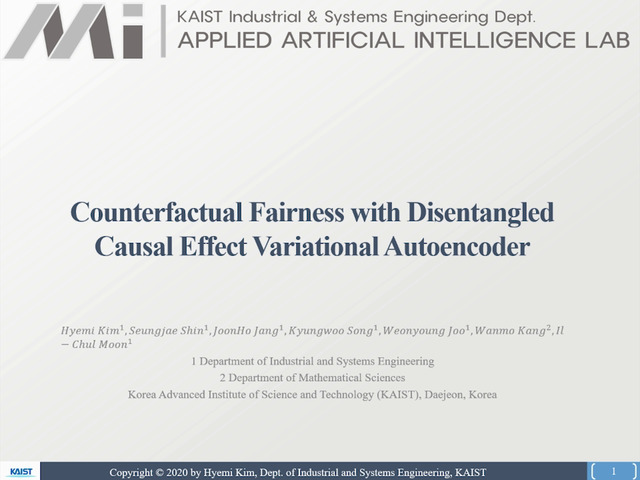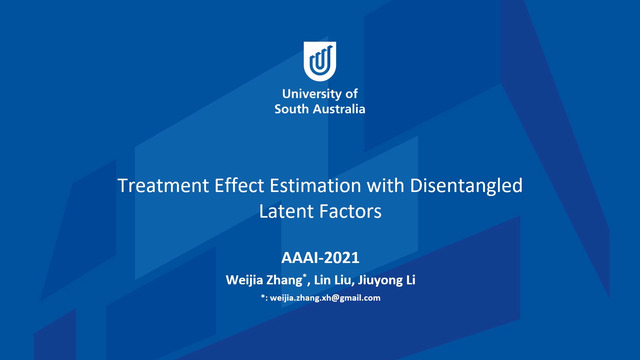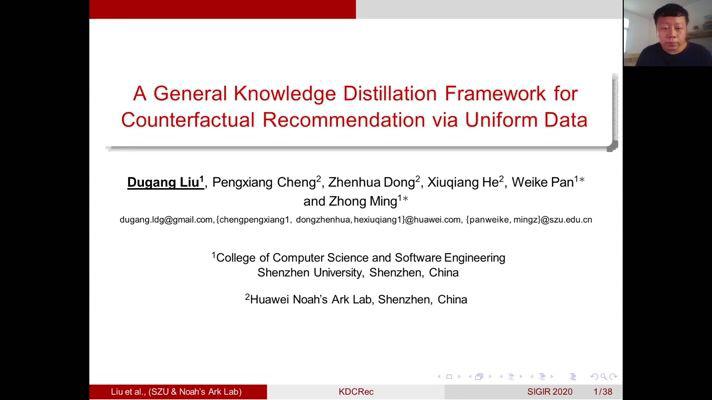Abstract:
Causal effect estimation relies on separating the variation in the outcome into parts due to the treatment and due to the confounders. To achieve this separation, practitioners often use external sources of randomness that only influence the treatment called instrumental variables (IVs). We study variables constructed from treatment and IV that help estimate effects, called control functions. We characterize general control functions for effect estimation in a meta-identification result. Then, we show that structural assumptions on the treatment process allow the construction of general control functions, thereby guaranteeing identification. To construct general control functions and estimate effects, we develop the general control function method (GCFN). GCFN’s first stage called variational decoupling (VDE) constructs general control functions by recovering the residual variation in the treatment given the IV. Using VDE’s control function, GCFN’s second stage estimates effects via regression. Further, we develop semi-supervised GCFN to construct general control functions using subsets of data that have both IV and confounders observed as supervision; this needs no structural treatment process assumptions. We evaluate GCFN on low and high dimensional simulated data and on recovering the causal effect of slave export on modern community trust [30]









































